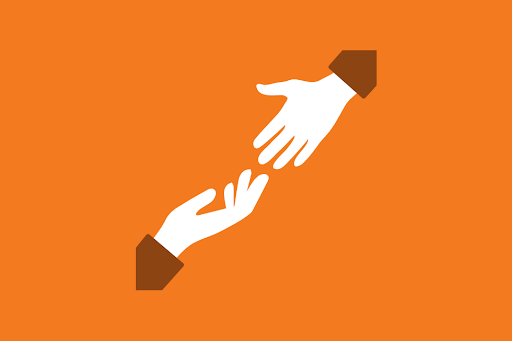Steps An Individual Can Take To Prevent Poverty In The World

Poverty is a global issue and it is sad that out of all the world’s population, 1.2 billion people are living in poor financial conditions. According to a research conducted by FAO, 25,000 people lose their lives to hunger every day and hunger is due to poverty so we should all try and work together to save our race.
While this is not going to be such an easy thing, the United Nations believes that if the plan of eliminating poverty is worked through by individuals and by the international community as a whole then we can achieve the goal in coming decades. Through cooperation between countries across the globe, we can address the root causes of poverty and start a process of change through these steps given below.
- Begin at Home
The very first step is of course known to you. But this one is given here so you can start this soulful journey right from where you are. Initially. You will have to look for people in your family or relatives who might need help with work or groceries. If you are lucky to have none then you have to step out and find the ones who are really needy in your neighbourhood but they do not ask for help. When there is no one in need near to you (a utopian scenario) then join or form groups to help the far reached poor people. Any effort you take will elevate your spirit as a human.
- Educate the Affected Ones
The people who are deprived of education face numerous challenges and that is how poverty holds its ground. As an individual, you can educate the disadvantaged people to learn essential skills and information they need to have in order to earn a future and raise their families. Teach poor people the ways they can get themselves out of their nightmare because no one can do it for them unless they take the charge. Help the poverty stricken people to identify the cause of their challenges. Then you can encourage such people to go to public schools or learn something handy. Teach them that dependency is a curse.
- Form Groups
Instead of engaging with needy individuals, the facilitation of coordinated efforts to support and motivate struggling people within an organization is much more efficient. This suggests that it will not always be enough to provide services to the majority of affected individuals alone, but it will be effectual by mutual activities and actions which will be taken to tackle their concerns. When one more than one people get together to handle a serious social cause, it always has fruitful results.
- Pay Your Taxes
Paying the taxes to the state is observably a most underrated step towards a better society. How this works is when you will pay all your taxes, the state will be able to function properly while providing for the basic rights of the less privileged. This one is for people who cannot do anything else due to their personal reasons but they can still contribute.
Leave a reply
You must be logged in to post a comment.










